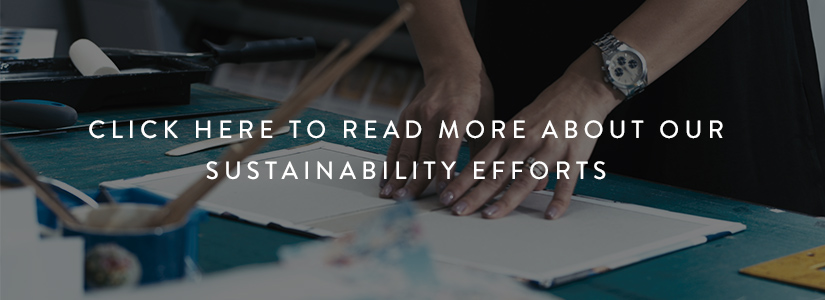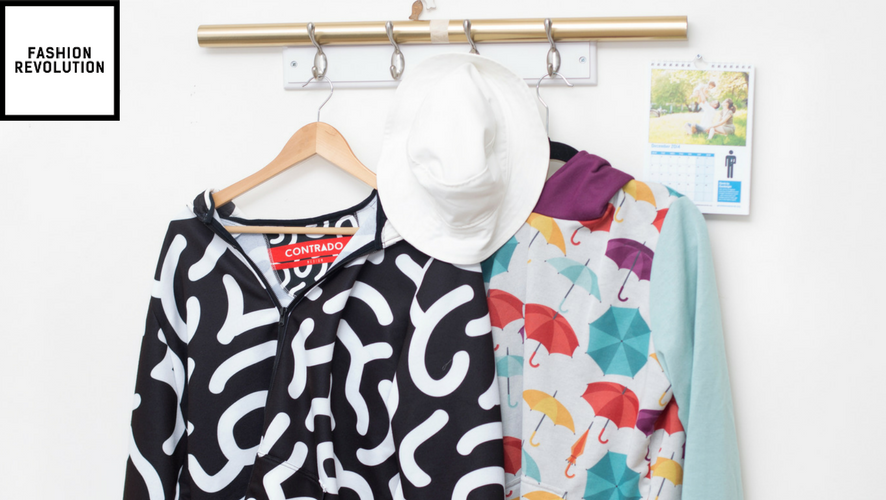When this post was first written, we were celebrating Fashion Revolution Week, an initiative that encourages people to question the origins of their clothes and stand up against child exploitation. Unfortunately, there are still brands that take advantage of unethical child labour laws, creating garments that come at a heavy cost to people and the planet. This is just to keep their own costs down and maximise profit.
We’re proud to say we’re not one of those companies. Since Contrado’s inception in 2003, one of our core values has been to be a one-stop shop: to create everything to order in house. We have artisan seamstresses, print technicians, product developers, dressmakers, leather workers and more working a fair day for fair pay.
As a customer, it’s important for you to know exactly where your item has come from; it’s your right to know. Let’s aim to start asking #WhoMadeMyClothes and collectively fight against child exploitation / unethical practice in the fashion industry.
The Price of Fast Fashion
Just like sacrificing nutrition when consuming fast food, fast fashion comes at a price too. Many large, global brands have a convoluted supply chain, choosing suppliers in poor communities to keep costs down. Manufacturing predominately in Asia means these companies can avoid stringent human rights laws and get away with paying next to nothing. In essence, this means they are able to turn a blind-eye to worker conditions, the effects of child labour and those of unethical sourcing.
We love fashion, and we believe expressing individual style should be accessible to everybody, but it should also be fair to everybody too. When you buy a dress for £5 from a large retail chain, have you ever been curious as to why it’s so cheap? Making a profit is business, but at the expense of people’s livelihood is criminal.
In 2013, a clothing manufacturing building in Bangladesh that produced garments for big global brands, collapsed, killing 1,138 people and injuring a further 2,500. Most of the victims were young women. With rising material and labour costs in the western world, companies are exploiting poverty stricken areas. That’s why a Fashion Revolution is paramount.

#WhoMadeMyClothes
Wherever you go to buy clothes, you have the power to ask where they’ve come from. If you knew that a 7 year-old child had been forced to sew your t-shirt in an unhealthy environment for as little as a penny, would you feel comfortable wearing it? It’s time to change how fashion is made, sourced and consumed. And it starts with us – the people wearing it.
If you ever asked us who made your clothes, we’d be able to point you to the exact person, tell you their name and what their favourite lunch is. We all work closely together.
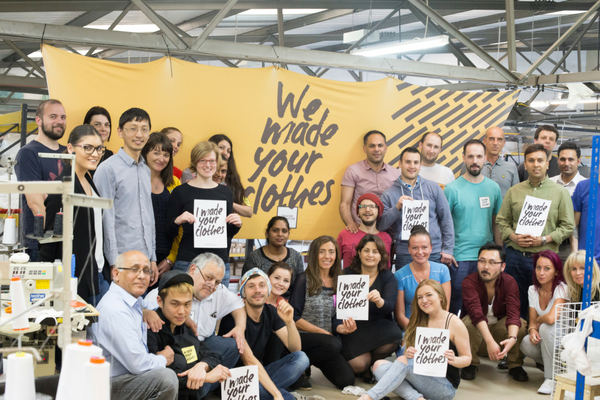
How We Value People
Unlike at the clothing factories in poverty stricken areas, everybody at Contrado has chosen to be here. They don’t have to sew to survive. We only employ adults under a proper, fair contract and pay everyone a fixed wage. Without our employees, what we do wouldn’t be possible, and this ethos is evident throughout our business.
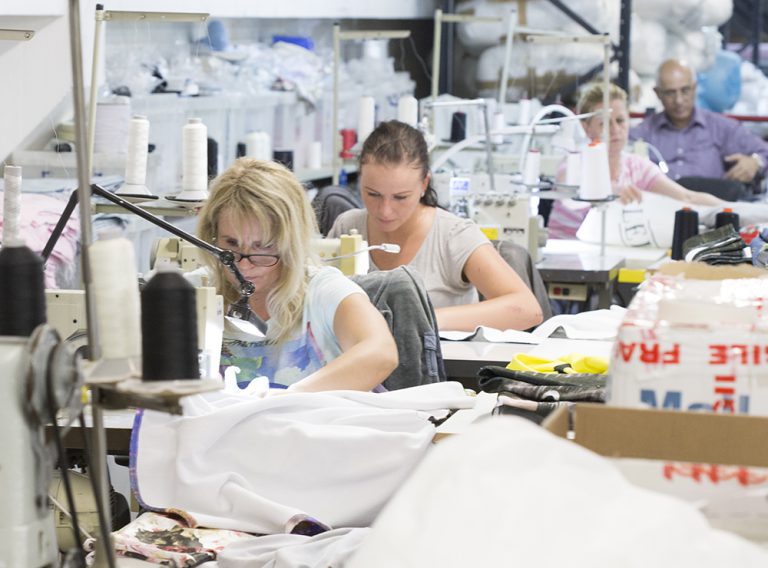
How We Value the Planet
We keep our supply chain clean, ethical, sustainable and short. Because we do everything in house and only source our fabrics locally, we have a low carbon footprint, and a better understanding of where everything comes from. Being on a first name basis with our fabric suppliers ensures we can ask the questions that matter to us. Where has the fabric come from? Are there safe working conditions? Do people get a fair wage? The environment that we work in is also crucial, so we only use eco-friendly inks, have a solid recycling scheme and manage our energy consumption efficiently. We’ve seen in countries where child exploitation is rife that they’re working with harmful chemicals in an unhealthy environment. Nobody, let alone a child, should be expected to work in such conditions.
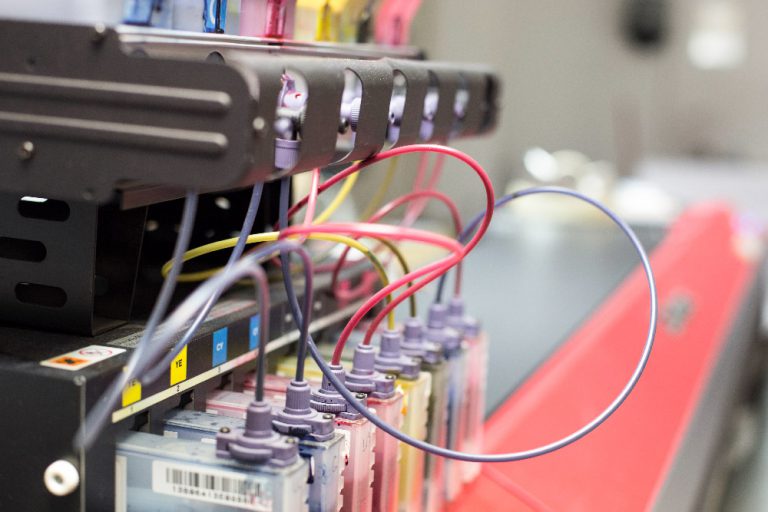
End Child Exploitation & Unethical Practices
Get involved in Fashion Revolution week to help see a fairer, more sustainable future for the fashion industry. It’s simple, just ask #WhoMadeMyClothes.
